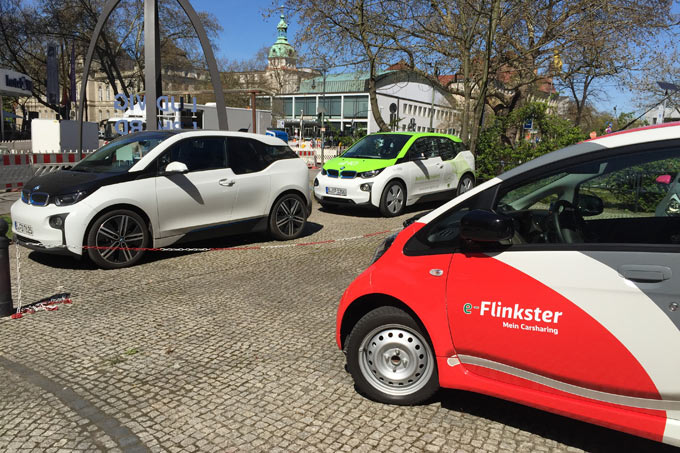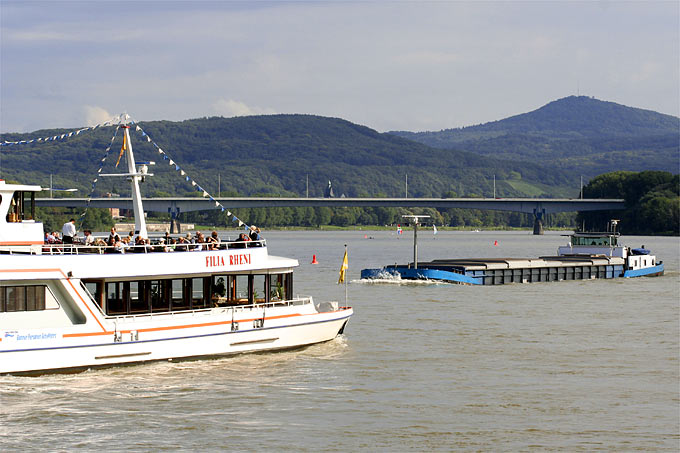Electromobility
More than just replacing a combustion engine with an electric drive

Foto: Daniel Rieger
The transport sector is still accountable for around one quarter of European greenhouse gas emissions. This proportion has remained constant for years, despite of all the developments in the field of vehicle efficiency. At the same time, the contracting states of the UN Climate Negotiations agreed in Paris to keep global warming well below degrees Celsius, ideally 1.5°C. For the transport sector this obligation represents a CO2 reduction of 95-100% by 2050. This means that our mobility needs must be met with practically no emissions in the future. This can only be achieved by ceasing to use fossil energy sources. Electromobility can make an essential contribution to such an almost complete decarbonisation of the transport sector but only if the regulatory framework conditions are set in a sustainable and favourable way.
Electromobility combines the possibilities of environmental and climate protection that cannot be achieved with cars running on combustion engines, despite all actual increases in efficiency, consumption and noise protection regulations and European emissions standards. This is especially true when it comes to efficiency. The conventional combustion engine can use only 30 percent of the energy consumed to drive the car. Electric engines, in contrast, reach more than 90 percent. While road traffic in Europe now causes around one-third of total national energy consumptions, this share could be lowered to 14% due to increased efficiency, if all vehicles were powered electrically. However, the technology can unfold its potential only if the right incentives are provided from the very outset. Fitting heavy and high-horsepower vehicles with an additional electric engine does not make them eco-friendly. These vehicles remain energy inefficient. Since humanity is currently a long way from covering its energy needs solely from renewable sources, every single extra kilowatt hours used in traffic damages the environment. Potential benefits to the climate arise only if a mostly electricity-based energy supply of the transport sector was interlinked closely to the expansion of renewable energy capacities. Specifically, the share of renewable energies has to be increased rapidly, and strategies to integrate cars into an intelligent power network must be developed and supported with the necessary infrastructure.
NABU has been involved in the public discussion regarding electromobility for many years. Our backgroundpaper summarises NABU’s assessment of technological achievements and assesses this complex policy field from an environmental, health and climate protection point of view.
More
Busses, Trains, Cars and Bicycles – there are manifold possibilities and means of transportation to navigate through one's day-to-day life. A comprehensive mobility is a given natural for our modern way of life, however, at the same time certain modes of transport have drastically negative effects on our climate, environment and health. more →

